Coalgate investigations, FDI in retail, coordination within UPA with allies, internal security and several key policy matters have seen UPA trebling without any leadership. The highest indicator of the multi-layer power center was exposed in the passing and sudden withdrawal of an ordinance related to keeping criminals out of active politics. The cabinet headed by Dr Manmohan unanimously passed an ordinance extending certain concessions to tainted politicians. It was forwarded to the President of approval though he refused to sign. This is the start of a new story wherein Congress VP Rahul Gandhi steps in and tore apart the credibility of the government by publically stating that this ordinance is useless, and to be thrown in the dustbin, The nation has witnessed tremendous turbulence due to multi-layer power system in the government that lacks accountability with one person. Surely, the PM is the man responsible to the public at large but the world's largest democracy has seen a rare multi-level amalgamation of power to run a complex country.
UPA's multiple dysfunctions created the perfect FDI storm, the government's decision to suspend the opening up of India's retail sector to foreign investors, 12 days after it was announced with much fanfare, marks a new nadir in the fortunes of the second UPA government. Optimists and there are a few, think retail FDI could play out like the nuclear deal, where it was initially put on hold after the Left objected, and later revived.
But the second avatar of the UPA appears to be difficult from the previous one, a number of ministers in the current government said, with key players often working at cross purposes. The ministers, as well as several politicians, both belonging to the Congress and the government's allies, largely spoke on condition of anonymity. The fiasco has highlighted what was till recently only whispered about - infighting in the cabinet and a rapid diminution in the authority of the Prime Minister, Manmohan Singh. Barely 24 hours after the cabinet meeting, for instance, senior ministers from the ruling and allied parties were expressing their reservations about the move, some openly. It soon became well known, for instance, that defence minister AK Antony and rural development minister Jairam Ramesh were opposed, though neither have spoken in public.
But the discord, according to the ministers and a number of political leaders, is not restricted to the cabinet. According to a number of people familiar with the matter, equations between Sonia Gandhi, the Congress President, and the man she appointed as Prime Minister more than nine years ago, are no longer what they used to be. "The Congress is like a three-legged animal, with each being pulled in different directions. So, if there is one section that is toeing Mrs Gandhi's line, there is another that appears to have Rahul Gandhi's mandate. And a handful of people supporting the PM," a cabinet minister said.
Sonia Gandhi's illness has been a complicating factor. "Who is in charge here? Sonia Gandhi is distracted with her illness and she is no longer as hands-on as she was during UPA 1. Rahul Gandhi is a landlord in absentia his interventions are few and far between and he keeps himself away from the government mostly. That leaves the Prime Minister whom his own party members don't take too seriously. His authority is constantly challenged ironically not as much by the allies but by Congress cabinet ministers. And it doesn't help when the PMO is perceived to be playing games with various ministers," another senior UPA minister says.
"This term of the UPA has killed the spirit of doing business in India," a top industrialist. "It's not just an activist judiciary, out-of-control law enforcement agencies wherein India's premium business houses were targeted. The recent CBI FIR against Birla group and rollback reflects a poor state of governance in the country. The issues such as inflation, internal law & order situation etc have dampened the spirits of the business world. Who can do business with interest rates at 16%? This government has some outstanding, bright individuals but nobody is willing to do anything," the industrialist says.
The division in the cabinet has not helped. "The FDI in retail is a classic example of how the PM was let down by his own cabinet. Which of the powerful ministers came out in strong support? Not because in principle they didn't support it but because they are upset and disillusioned by the PM," says a minister belonging to a party allied with the Congress.
According to this person, Chidambaram feels let down by the PM as he feels the Prime Minister's Office has not been particularly helpful at a time when he is under relentless attack from Subramaniam Swamy, the maverick politician who has petitioned the courts seeking the resignation of the home minister, who was finance minister in 2008 when a set of controversial telecom licenses were issued by A Raja, the former telecom minister. A controversial note from the finance ministry, which appeared to partly blame Chidambaram for failing to prevent the scam, has not helped matters.
One cabinet minister also points out that Kapil Sibal, the telecom and HRD minister, who till a few months ago did a fair amount of firefighting for the government, kept mostly silent during the FDI debate as he feels he went out on a limb opposing the popular anti-corruption campaigner Anna Hazare with little backing from the party.
Government officials say an attempt was made by the Congress high command to bring order by appointing Pulok Chatterji as the PM's principal secretary. Chatterji comes with the formidable reputation of being a professional, low-profile and no-nonsense bureaucrat. He has an onerous task at hand, say people in the know, with the relationships between some of the most powerful cabinet ministers at an all-time low.
Landmark legislation and reforms initiated by the UPA have had one characteristic. With the important exception of the nuclear deal legislation such as NREGA - which provides 100 days of guaranteed employment - and the Food Security Bill has been personally driven by Sonia Gandhi. The government's role has been to implement the party's wishes.
In the case of multi-brand retail, it was different, with the Prime Minister driving the initiative. The government had to sell this idea to the party once the core committee took a view. Many blame industry minister Anand Sharma for the fiasco. A Congress party member says Sharma was the wrong choice to hard sell the proposal. "First, he didn't even bother to sell the idea to his party men, forget about allies. "This government is being run by Rajya Sabha people some of who haven't even been municipal commissioners," says a Congress leader sarcastically. The criticism would apply to the Prime Minister, who is a Rajya Sabha member.
Several Congress ministers say it was a classic case of a bad presentation. "The policy should have been pitched as a special power that states were going to be given to avail foreign investment in infrastructure and retail if it so desired. As India gradually inches for the General Elections 2014 with massive rallies and election fever already set in the country, the stakes are higher than ever. It is a battle of Narender Modi-led BJP minus NDA to secure 200+ Lok Sabha seats in order to attract allies to form the government. It is true that Narender Modi is the most popular leader of the country today but the limitation of BJP is that it will contest national elections in 2/3 of India wherein it is having absolutely no presence in 1/3 of India hence success ratio required to translate 2/3 seats is extremely high, it makes Narender Modi task very difficult. On the other hand, Rahul Gandhi must have to demonstrate extreme control over the party to settle himself as the undisputed leader. He must deliver goods through words and actions. India loves authoritative leadership so Rahul Gandhi has limited options. He will be fighting against the history of ten years of anti-incumbency of the UPA government. There is a generation shift within Congress leadership so the experience leaders may feel ignored by the young brigade; the balancing may require huge skills for Rahul Gandhi. Finally, he must take control of the party and government decisively to disseminate message to the country that he is in complete control of the entire governance and he is the BOSS. It will give Congress cadre a clear line of control and it will offer the country a clear option to vote or not vote for the Rahul Gandhi-led Congress party for UPA III.
By Prashant Tewari







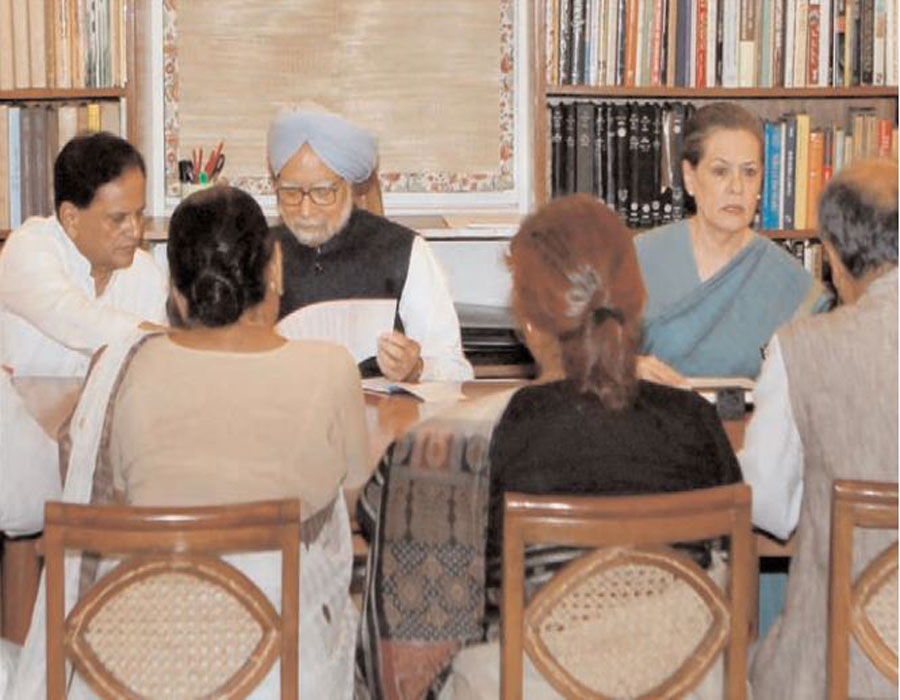
 OpinionExpress.In
OpinionExpress.In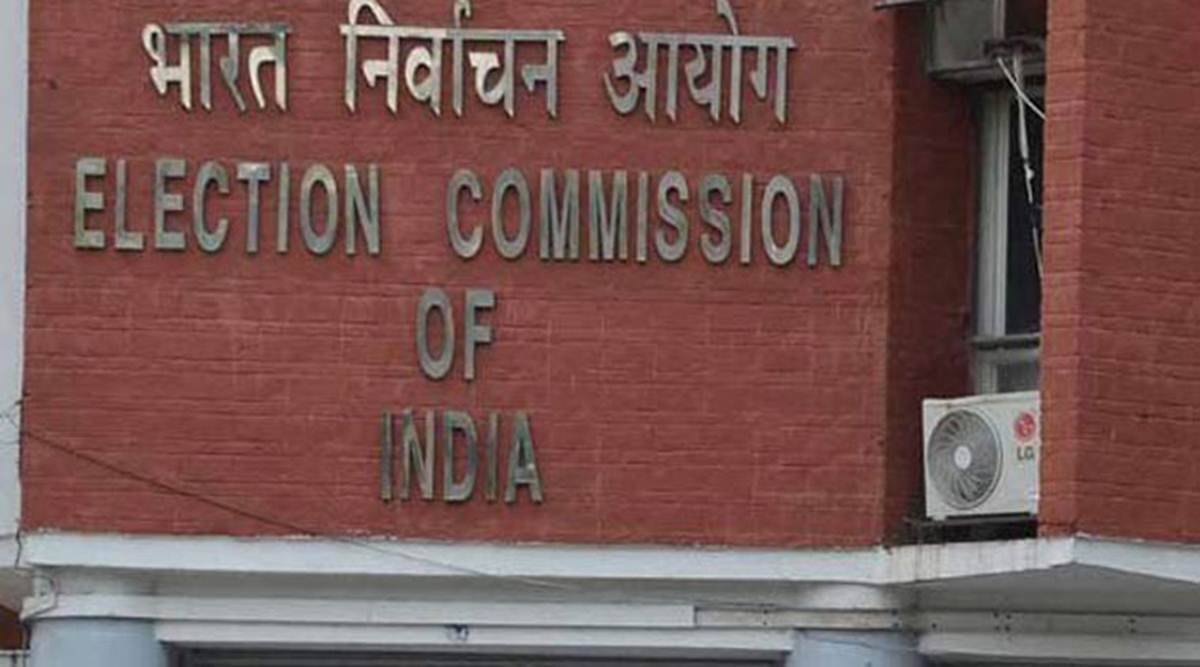
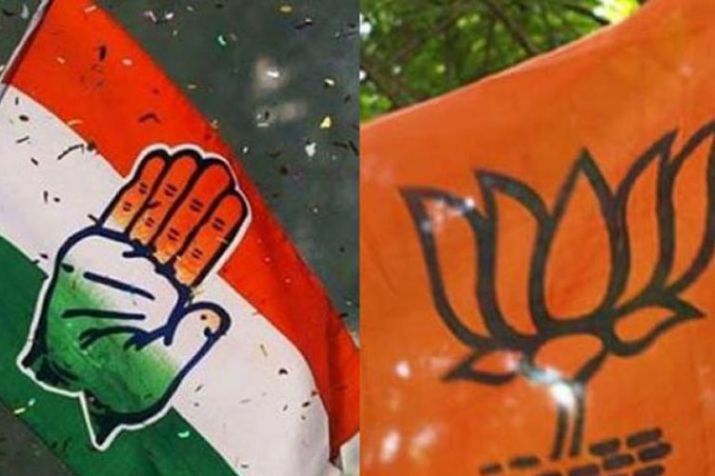
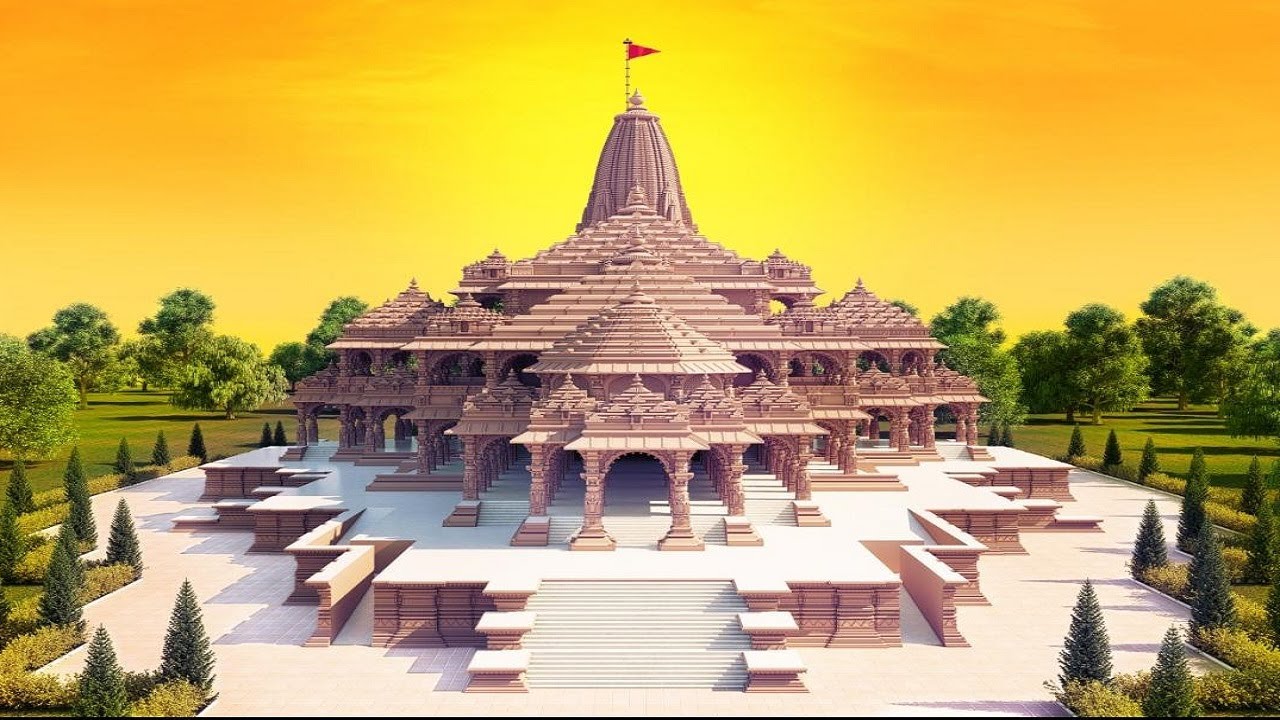
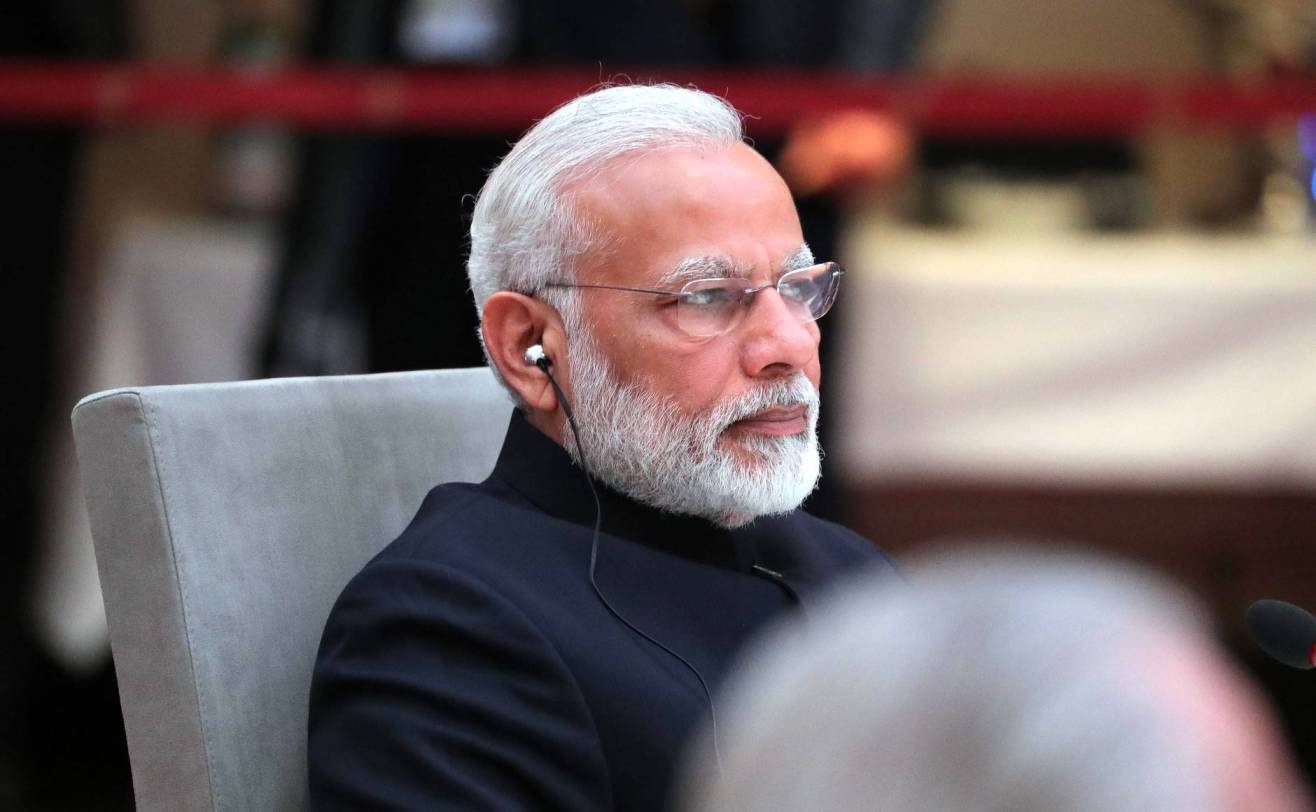

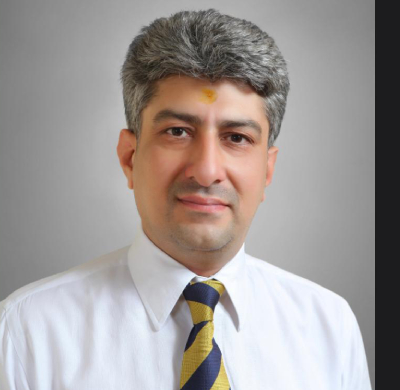
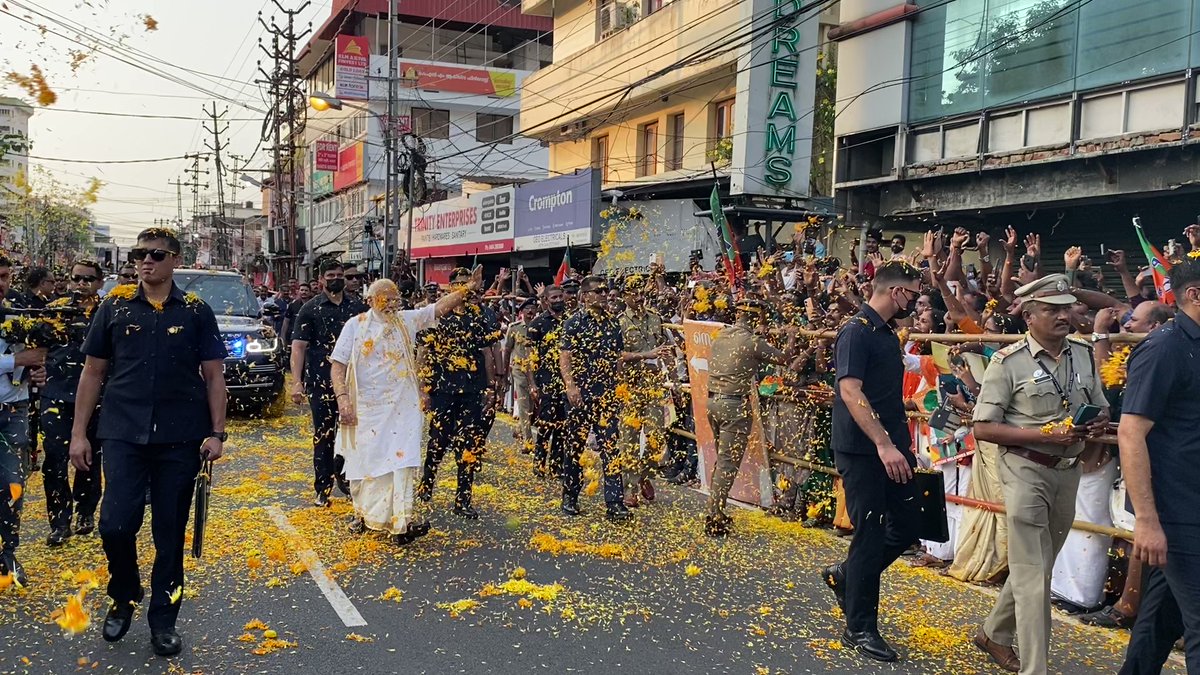
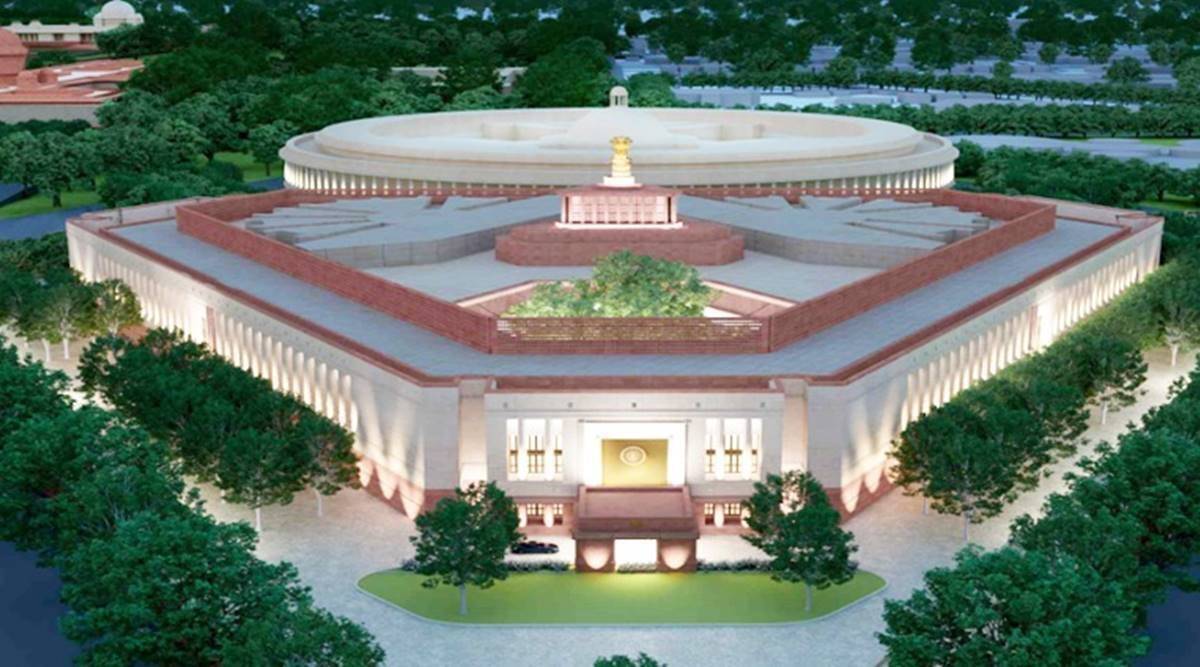

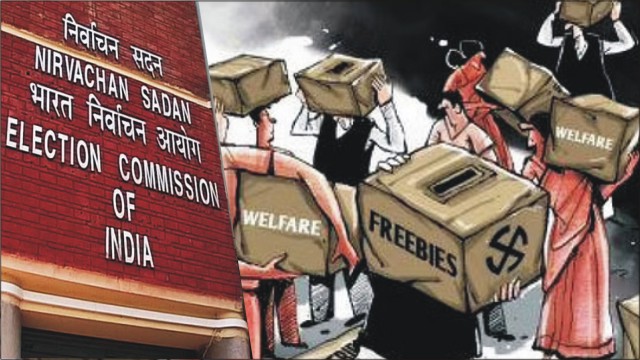






Comments (0)